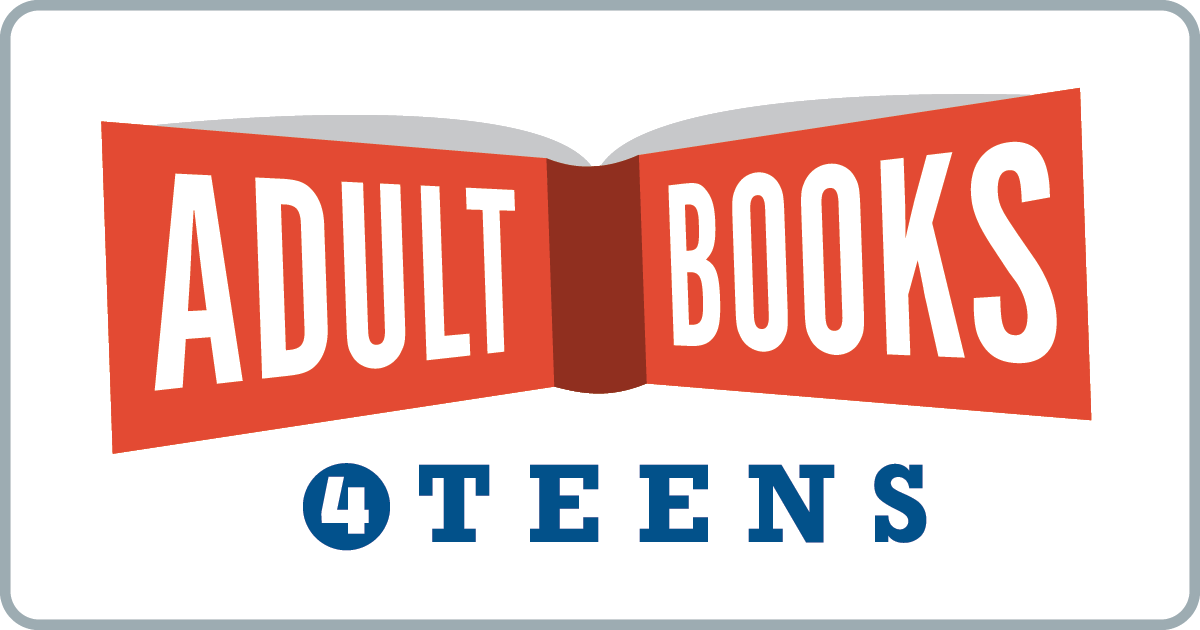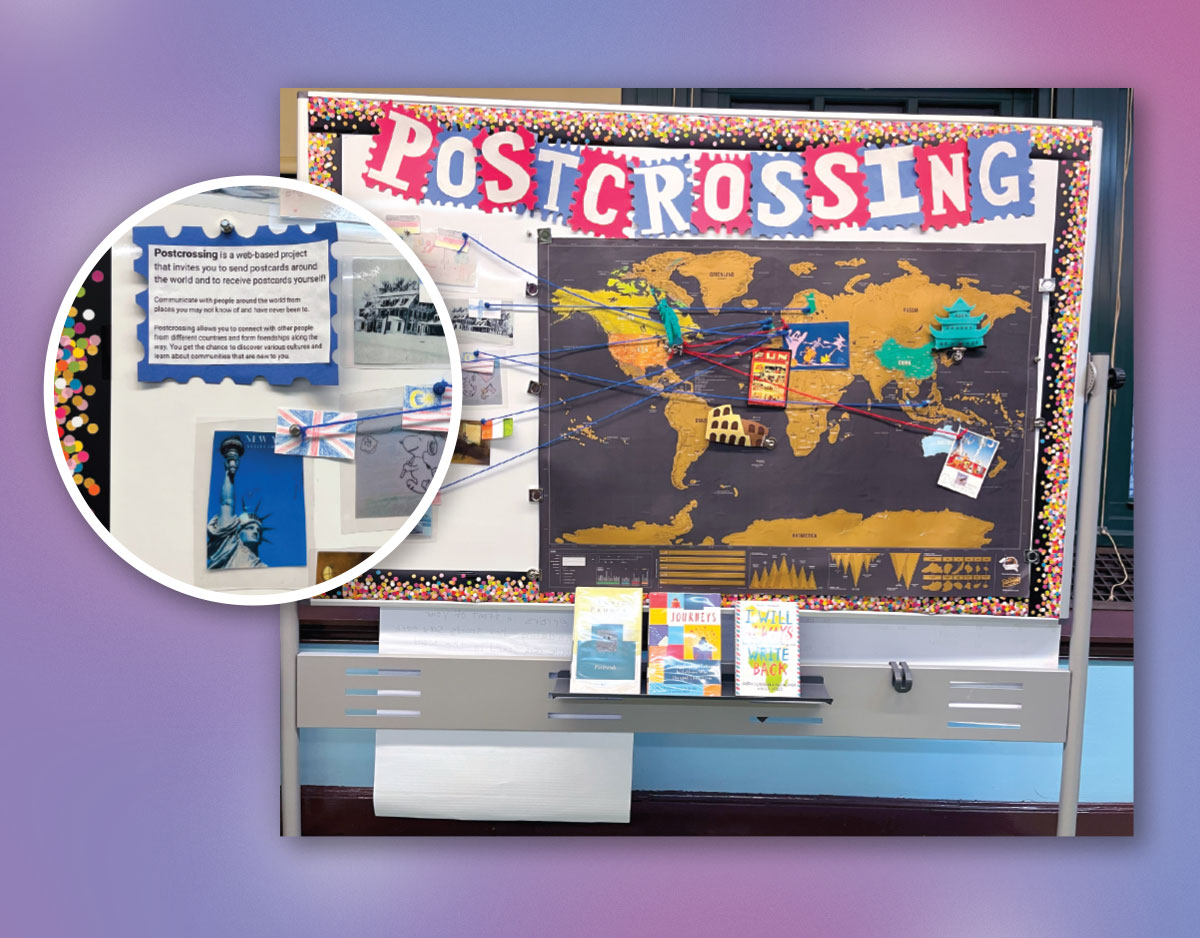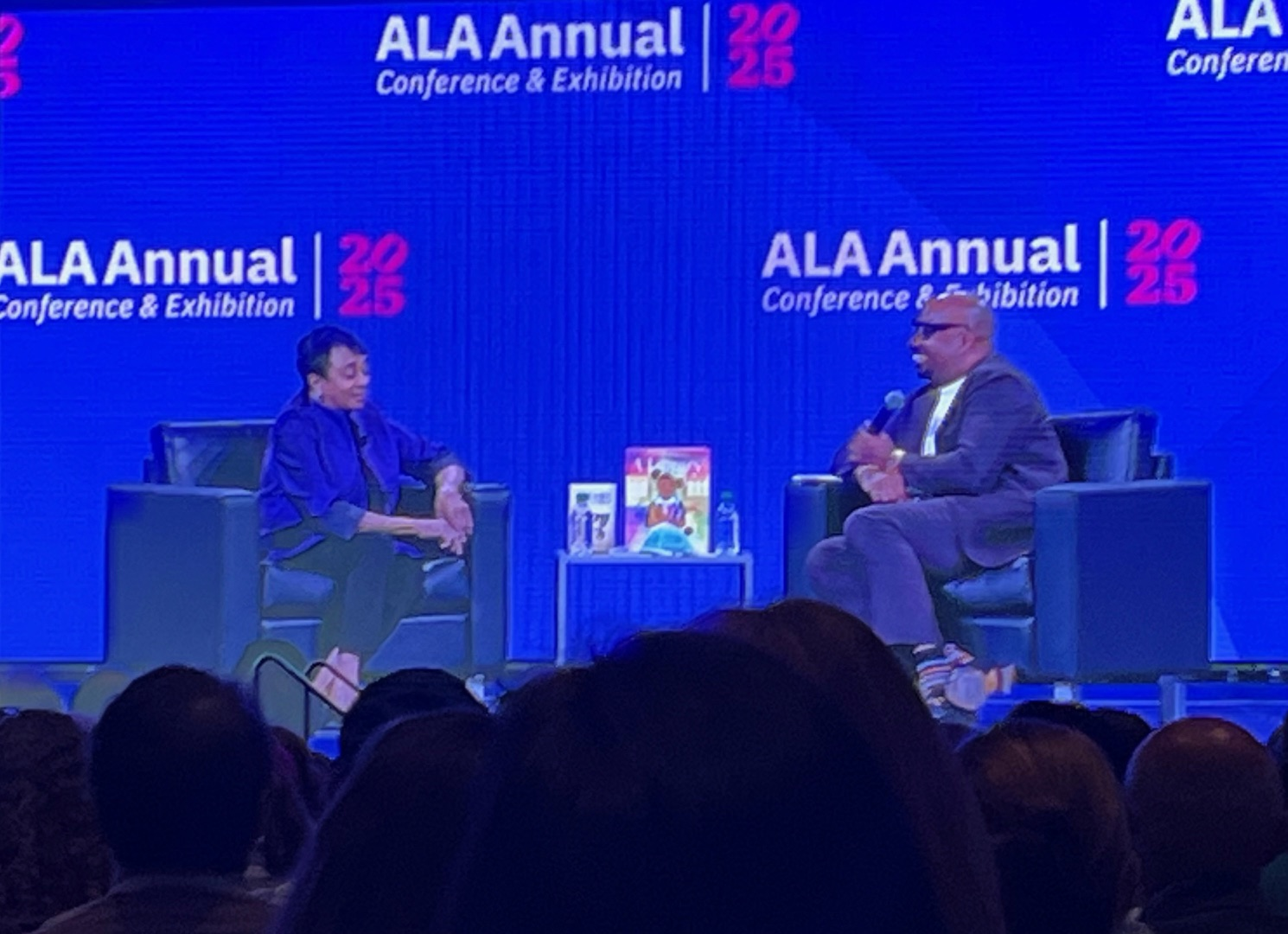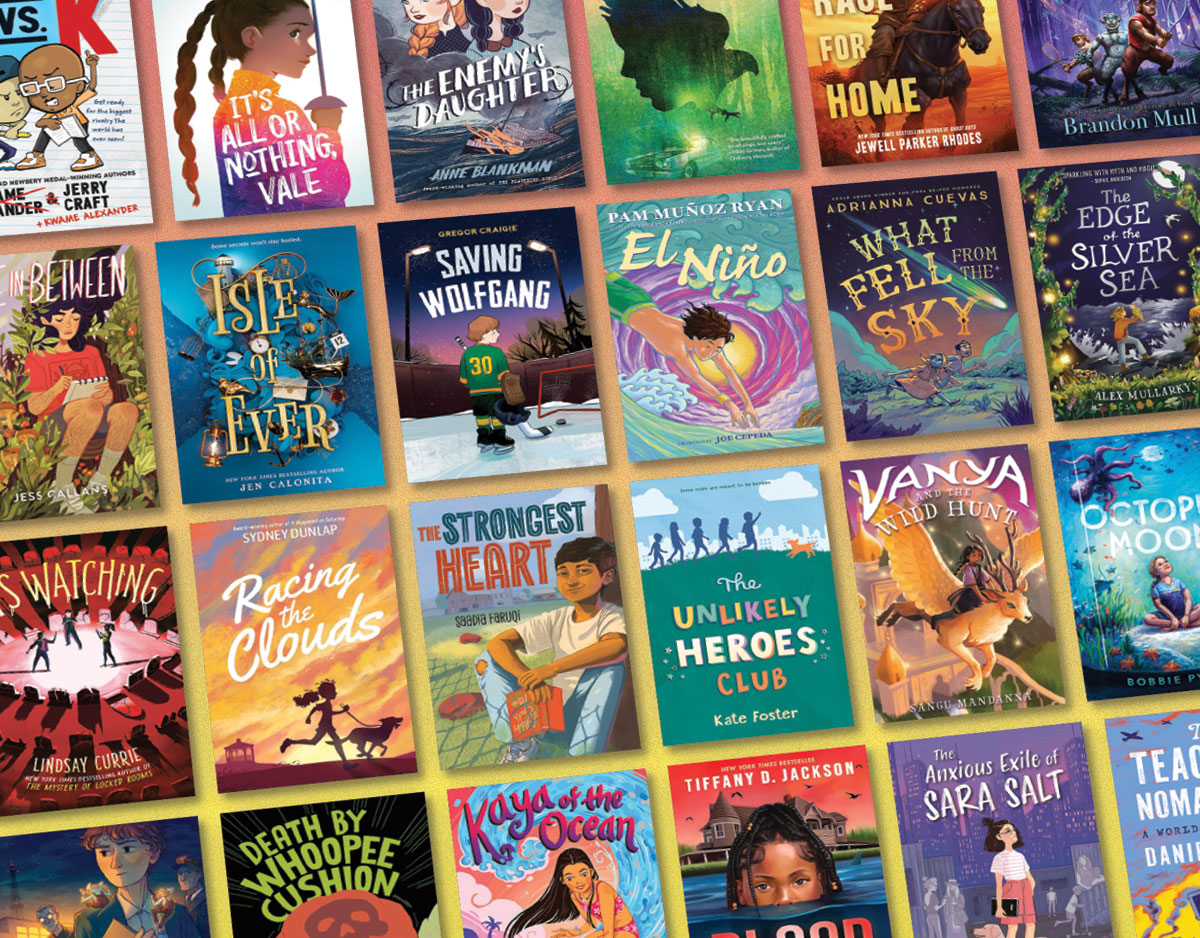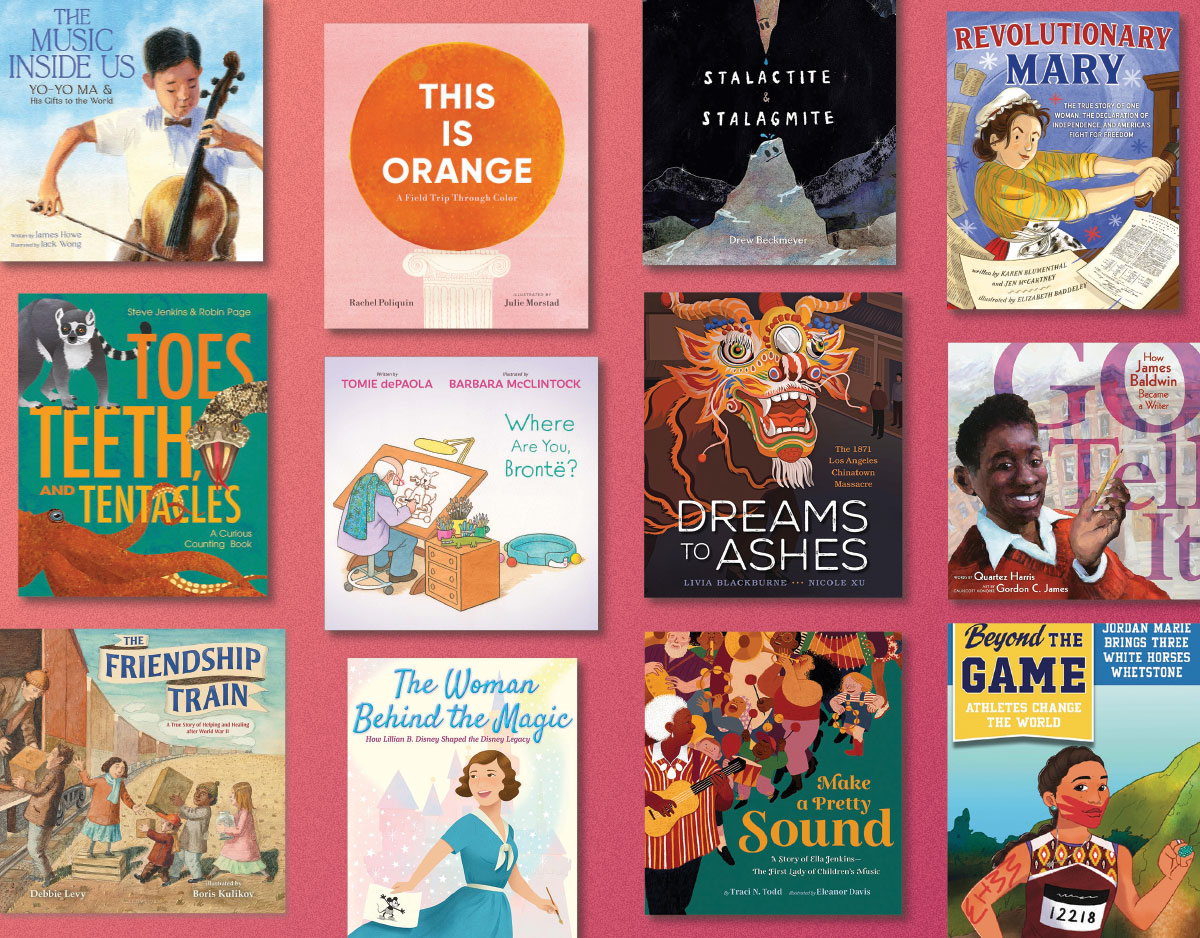SCROLL DOWN TO READ THE POST
Shards
from guest blogger, John Sexton:
As a reader, I am always looking for that “wow” factor, something in a book that knocks me from the perch of expectation and into a new reading experience that entertains and moves me or presents a new perspective on the familiar. I have encountered perhaps a couple of dozen such books. The Book Thief by Marcus Zusak is an example. The author’s skill had me in awe and marveling at his narrative inventions. Ismet Prcic’s debut novel, Shards, definitely has a place on my shelf of books which had me saying, “Wow!”
Prcic had a story to tell: surviving the Bosnian war, defecting during a student trip to Scotland and his eventual relocation to the United States as a Muslim refugee made for an exhilarating tale. It would make a terrific memoir, except memoirs have been getting a bad rap. Although fake memoirs are nothing new (Davy Crockett penned one), all memoirs have been suspect by association since Oprah confronted James Frey about the falsehoods in A Million Little Pieces.
ADVERTISEMENT
ADVERTISEMENT
Prcic has taken up the issue brilliantly in his first novel, Shards. About twenty pages in, the author, (or the character with the author’s name), writes that his memoir has begun to sprout ‘little fictions’ which he has conscientiously tried to eradicate, only to discover that deleting them made his story ‘less true’. When he confesses to his therapist that his memoir is becoming more fiction than fact, his therapist advises, “Don’t worry about what is true and what is not, you’ll drive yourself crazy.”
Unleashed to the imagination, his story emerges from the cloud of skepticism that surrounds current memoirs (the title seems a playful nod to A Million Little Pieces) and Prcic is able to creatively restructure the story of his experience in order to communicate a deeper truth.
What makes this accomplishment unique is that the reader becomes aware of the author as a performer, here echoing Günter Grass, there paying homage to Faulkner, and throughout invoking Brecht’s challenge to the audience to consider where representation stops and reality starts. It is as if Prcic is using the page as a stage for his talent, which is not surprising since he has acted since childhood. By masking and unmasking his own persona and voice, he has exposed not only truth, but his profound talent as a writer.
Shards may be limited in appeal to teen readers who are studying literary criticism or enjoy comparative literature. The voice is remarkably true to an adolescent sensibility and marked by a wry humor, but the structure could challenge even a sophisticated teen enough that it would be more fully appreciated with the guidance of a good teacher in a classroom.
Prcic briefly discusses the fine line between fact and fiction and reads from Shards here.
PRCIC, Ismet. Shards. 391p. Grove/Black Cat. 2011. pap. $14.95. ISBN 978-0-8021-7081-1. LC number unavailable. 
Adult/High School–The exploration of lives shattered and forever altered by war has sustained literature since Homer. The best writers reveal the broken pieces of war-torn lives as mirrors that reflect the beauty and horror of humanity. With his debut novel, Prcic deserves a place among the best of such authors. Shards is a non-linear compilation of diaries, letters, and therapeutic reflections of an aspiring author (named Ismet Prcic) that tells of his coming of age in Tuzla as the Bosnian war erupts around him. A Muslim, he seeks asylum while on a drama club visit to Scotland and eventually arrives in America, alone, displaced, frightened, and depressed. At the urging of his therapist, Ismet writes to heal his trauma. Sometimes memoir and sometimes fiction, this complex story challenges readers’ perception of reality and truth in much the way that war transforms the normal into the surreal. The effect is at times disorienting, as humor and hope percolate amid despair and terror, yet the exceptionally accessible voice and wry insights of the narrator make this a far less formidable read than the subject matter and structure would suggest. Most teens will relate to the adolescent confusion and vulnerability of young Ismet as he endures battles within his family and struggles to connect with girls, but this novel will be best appreciated by sophisticated readers comfortable with an unreliable narrator and ready to be captivated by an imaginative literary style.–John Sexton, Greenburgh Public Library, NY
Filed under: Uncategorized
About Angela Carstensen
Angela Carstensen is Head Librarian and an Upper School Librarian at Convent of the Sacred Heart in New York City. Angela served on the Alex Awards committee for four years, chairing the 2008 committee, and chaired the first YALSA Award for Excellence in Nonfiction for Young Adult committee in 2009. Recently, she edited Outstanding Books for the College Bound: Titles and Programs for a New Generation (ALA Editions, 2011). Contact her via Twitter @AngeReads.
ADVERTISEMENT
SLJ Blog Network
Name That LEGO Book Cover! (#65)
Review of the Day: This is Orange by Rachel Poliquin, ill. Julie Morstad
Betty & Veronica: Summer Fun in the Sun | Preview
Heavy Medal Suggestions: 73 Titles and Counting
Like This, Try That: K-Pop Demon Hunters
The Classroom Bookshelf is Moving
ADVERTISEMENT
ADVERTISEMENT

